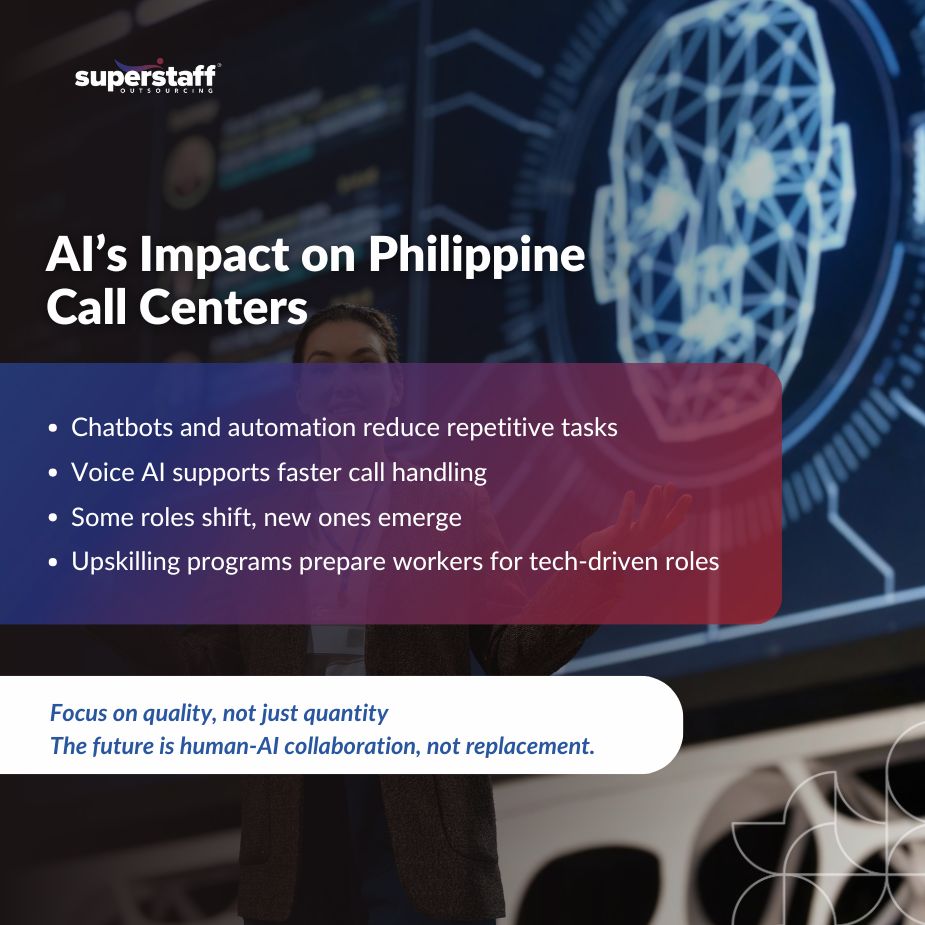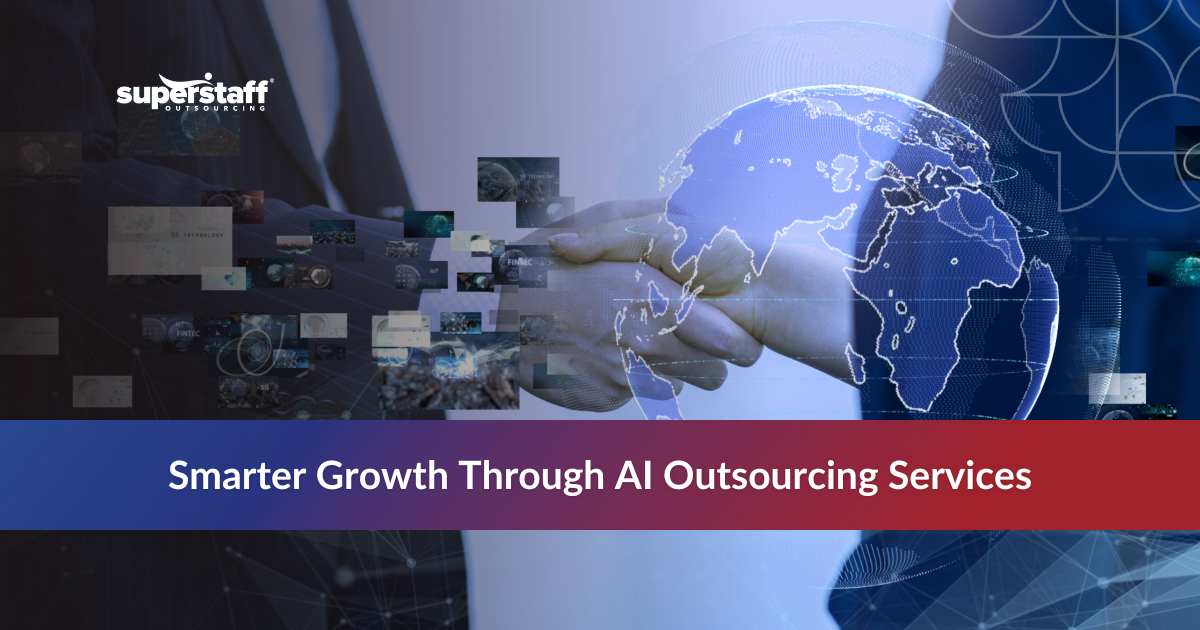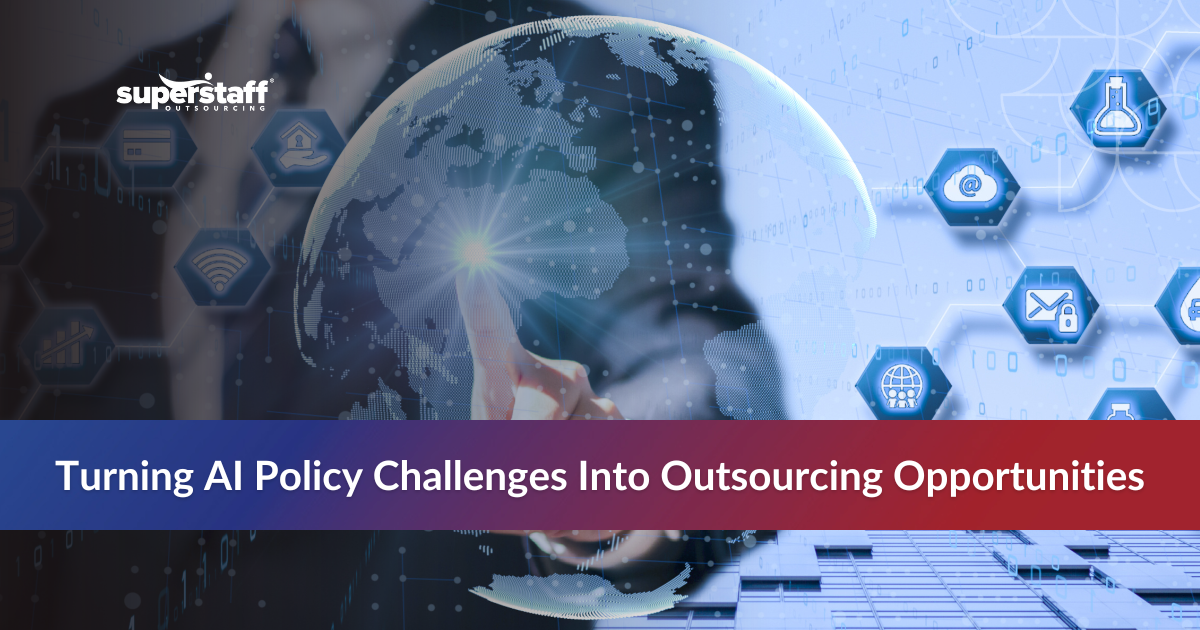
The call center industry in the Philippines is going through a major transition. As more global companies introduce automation tools and digital systems, many call center workers are being asked to adjust to new ways of working. Some worry about job loss, while others see this as a chance to grow.
The use of AI in BPO industry is no longer an idea for the future, it’s already shaping how tasks are done, how teams are built, and what skills are needed. The good news? While change is happening fast, many Philippine call centers are finding ways to combine human service with smart tools. The key is to stay prepared, stay skilled, and stay informed.

How AI Is Changing Philippine Call Centers
The use of automation in customer support is increasing. This doesn’t always mean replacing people. In many cases, it changes the kind of work people do.
1. Common Questions Are Handled by Bots
Tools like chatbots and voice assistants now respond to simple questions such as order tracking, appointment setting, and password resets. These tools are fast and available all the time, which improves basic customer service.
2. Human Agents Handle Complex Cases
When customers are angry, upset, or confused, human support is still needed. Emotional support, negotiation, and critical thinking are areas where agents perform better than machines.
3. Agents Now Use Tools, Not Just Headsets
Agents now work with dashboards, ticketing systems, and scripts supported by AI in BPO industry. These tools suggest answers, track performance, and even help write responses.
4. New Job Roles Are Emerging
As bots handle simple tasks, agents are being trained for higher-value roles such as account management, training, and quality checking.
5. Workflows Are Becoming Faster
Processes that used to take hours, like logging tickets or tagging calls—are now completed in minutes with the help of automation.
What Filipino Call Center Workers Need to Learn
Adjusting to new tools means building new skills. Here’s what the current job market is looking for.
1. Communication and Listening Still Matter
Even with tools, customers want someone who understands them. Good English, empathy, and strong communication skills are still the top requirements in many companies.
2. Digital Awareness
Agents must now be familiar with using customer relationship management systems, messaging platforms, and ticketing tools.
3. Speed and Focus
Bots are fast, and that raises expectations. Agents need to match that speed while staying accurate.
4. Learning Mindset
Call centers are now investing in learning platforms and online training. Workers who are open to learning will have more career options.
5. Adaptability
Job roles may change often. Being ready to shift to a new process or tool is now part of the job.
The Future of BPO Jobs in the Philippines
People often ask: What is the future of BPO jobs now that automation is here? The answer depends on how the industry responds.
1. Not All Jobs Will Disappear
Many jobs will stay, especially those that involve problem-solving, understanding emotion, or working across cultures. Tools support these tasks but don’t replace them.
2. New Roles Will Be Created
Jobs such as chatbot managers, system testers, data reviewers, and AI trainers are now appearing in BPO job boards.
3. Language and Culture Still Give Filipinos an Edge
The Philippine BPO workforce remains valuable because of its strong English skills, friendly tone, and understanding of Western culture. These strengths continue to make Filipino agents in demand.
4. Human Support Still Drives Customer Loyalty
Customers still value real conversations. Tools can help, but human care is what keeps customers coming back.
5. The Government and Schools Are Supporting Upskilling
More training programs are now available to help people shift from basic call work to digital-focused roles. These programs are important to help workers stay in the workforce.
How BPO Companies Are Preparing for AI
Philippine BPO companies are taking real steps to prepare for the changes brought by AI in BPO industry.
1. Training Employees
Companies are investing in training for both soft skills and technical knowledge. This includes system tools, writing support, and digital communication.
2. Redesigning Workflows
Teams are being structured to combine automation and human work. Bots handle repetitive tasks, while people manage customer satisfaction and critical cases.
3. Setting New Job Paths
Employees can now grow into roles such as AI process reviewers, system specialists, or client onboarding experts.
4. Listening to Feedback
Leaders are gathering input from employees to improve new systems and make sure they are user-friendly.
What Workers Can Do to Stay Ready
If you work in a call center, you don’t need to fear change, but you do need to prepare. Here’s how:
Keep Improving
- Join the company-provided training
- Explore short online courses in customer service, writing, or tech
- Ask for feedback and apply it
Stay Curious
- Learn how your current tools work
- Understand what other roles exist in your company
- Ask about future openings or lateral moves
Build Soft and Hard Skills Together
- Improve communication skills
- Learn basic data input and handling
- Try writing short reports or summaries
Watch Industry Trends
- Read updates about how AI is impacting jobs in Philippine call centers
- Stay connected with BPO news and job postings
- Talk to others in the field
What Outsourcing Clients Want Now
Outsourcing clients still need high-quality service. Here’s what they now look for in a Philippine BPO partner:
- Tech-enabled support (automation plus humans)
- Fast response times
- Skilled agents with clear language skills
- Accurate data management
- Teams that can grow or shift based on market needs
This shift is part of a larger trend in outsourcing jobs and AI. Clients want to cut costs, but they also want excellent service. Philippine BPOs can deliver both if workers and leaders adapt together.
Adapt, Upskill, and Lead the Future
AI in BPO industry is real, and it’s shaping the way people work. But the industry still depends on people who are flexible, skilled, and ready to grow.
SuperStaff understands this balance. We help companies build BPO teams that combine smart tools with strong talent. We also provide training and support so workers can upskill, shift roles, and grow in the new digital environment.
Whether you’re looking to stay ahead as a worker or need a partner who understands the new BPO landscape, SuperStaff is here to support your next step.
Need support in building a BPO team that can grow with technology? SuperStaff can help. We support both business goals and workforce development in the changing BPO landscape of the Philippines.
Let’s move forward together—reach out to SuperStaff today.






